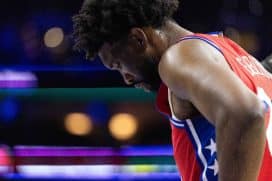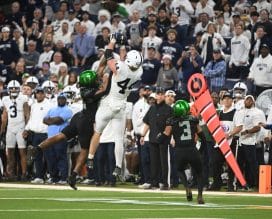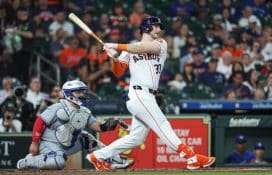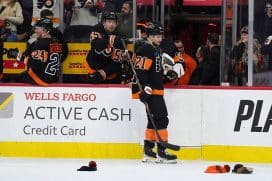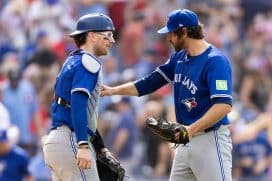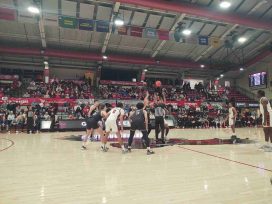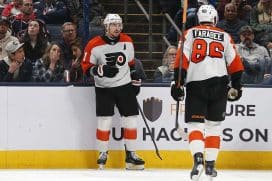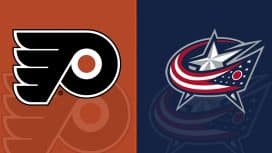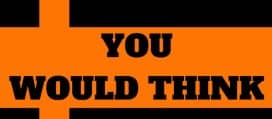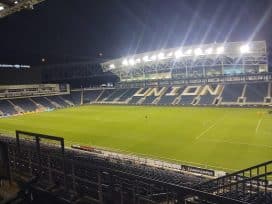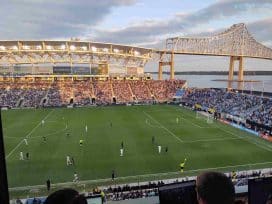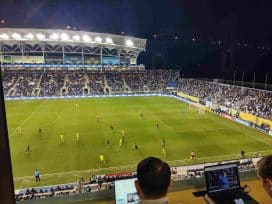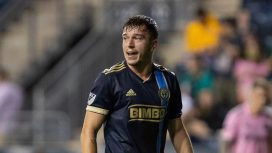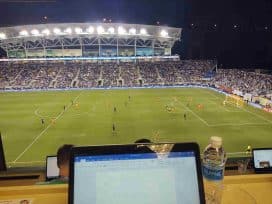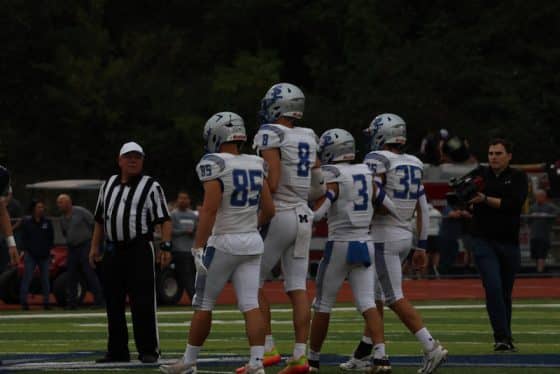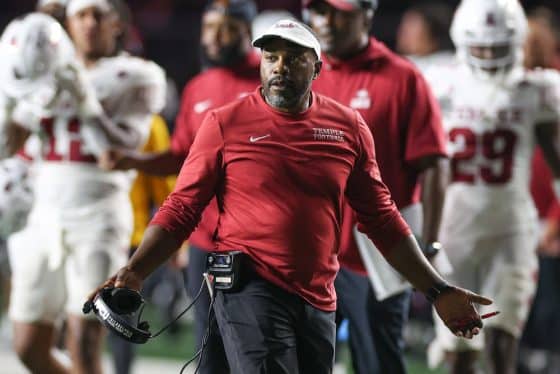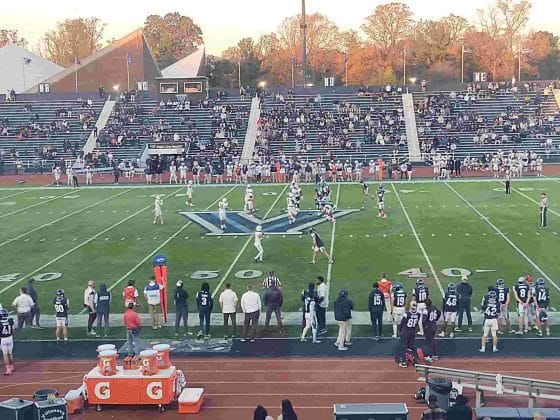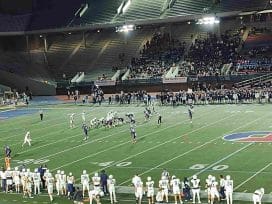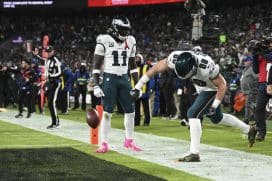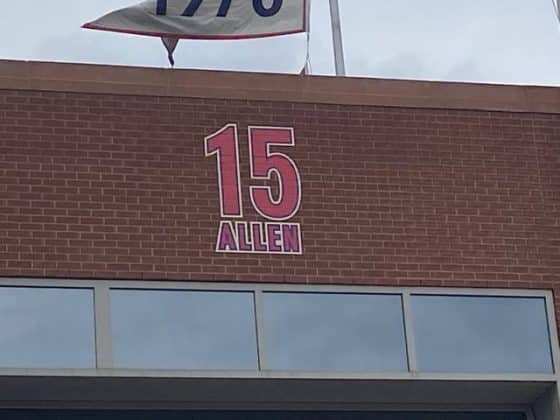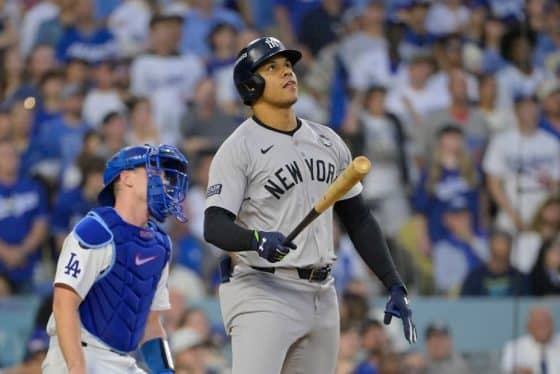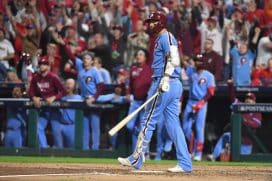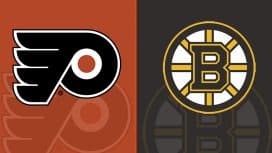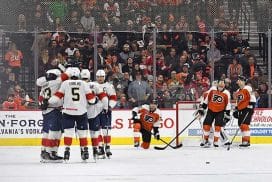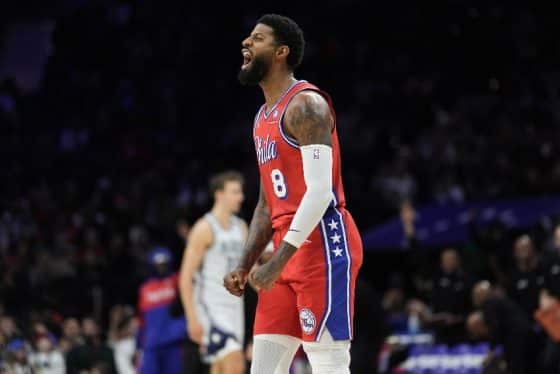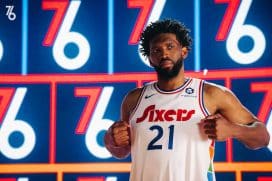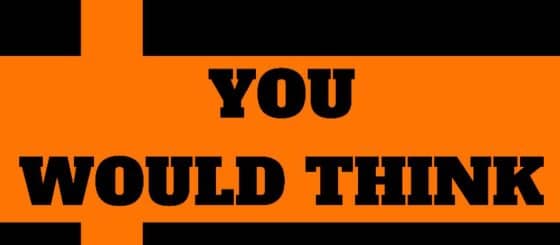Flyers
To the Man Who Inspired the World of Hockey
“It’s a noble thing to aspire to, we don’t cure people of dyer ills and illnesses, in our line of work, but I think we do something else that’s heartening for not only people who listen but also for us. We take their minds off of their troubles in the world for two and a half to three hours and if their fans, they focus an awful lot of their enjoyment in life on following their team and their athletes and so we’re not the players, we’re not that important, it’s between the fans and the players. And there is responsibility there that enables us to treat it like a profession rather than like a hobby.” – Mike “Doc” Emrick
Mike Emrick has been broadcasting hockey for nearly 50 years. His incredible, and astonishing career has sadly come to an end, but more importantly how did a man from La Fontaine, Indiana mostly known for Basketball, get to broadcast Hockey for that long? Here is his how he became a broadcaster in the NHL.
The man known by everybody as “Doc” saw his first hockey game as a junior high school student at Fort Wayne, Indiana on Dec. 10, 1960 and it took 13 years before he actually was a hockey broadcaster. It took him a while as he sent out tape after tape. He was in graduate school attending Miami University and finished with a Master’s Degree, but didn’t have a job. He took a teaching job at a small college called Geneva. After his first year, he realized he had some spare time in addition to teach classes so he went to the editor of the Beaver County Times and volunteered to cover the 1970-71 Pittsburgh Penguins, who were only 35 miles away, in exchange for a free media pass. That got him inside the locker room to work and learn more about how the game of hockey was broadcast.
Two years later, Emrick sent out more tapes of himself broadcasting while sitting in the corner of an arena, despite never having a chance to broadcast anybody. He thought to himself that it wouldn’t work out so well, therefore he figured he would get an advanced degree that would enable him to teach at a college for the rest of his life. Both Bowling Green, and Michigan offered him assistantships where he could teach classes, and study for the doctorate. The deciding factor was that Bowling Green had a program where they did the home hockey games on radio, and a staff member of the station did the 1st and 3rd periods, while a student announced the 2nd period. The previous student who broadcasted the 2nd periods had graduated so they gave Doc the chance to broadcast every 2nd period of the hockey games in addition to teaching the two classes, and advance study of this degree.
Finally, in 1973, Emrick was finishing his course work, and sent out tapes one more time; this time radio stations in Port, Michigan called and said “why don’t we come up and talk about it for $160 a week?” After that, he was a professional.
Seven years later, he would call his first career NHL game between the Philadelphia Flyers and the Penguins. It was on the home paid cable system called Prism, which fans paid a monthly fee for to get the Philadelphia Phillies, the Philadelphia 76ers, and the Flyers home games. He was the home announcer as well as the TV producer for half of the road games. Hall-of-Fame announcer Gene Hart was the Flyers announcer on radio when they had home cable games and on television when the team traveled.
Emrick spent his time in Philadelphia from 1980-1983, and 1988-1993, he was also known for his incredible work with the New Jersey Devils from 1983-1986, and 1993-2011 before sticking with NBC Sports for the remainder of his career. According to NBC Sports, Emrick had called almost 4,000 professional and Olympic hockey games, including a remarkable 22 Stanley Cup Finals.
Not only is Doc an eight time Emmy award winner, he is the only broadcaster to be in the U.S. Hockey Hall of Fame, along with another amazing feat of being the only broadcaster to be in both the U.S. Hockey Hall of Fame and the Hockey Hall of Fame. The 74-year-old legend is also in seven hall of fames, something that is as rare as it gets.
All in all, to the man who inspired the world of hockey, you have been the perfect role model for an aspiring broadcaster; young or old, an incredible person, and even better friend. I have been so grateful for the opportunities in life to not only meet you, but interview you, and talk hockey. Thank you for everything you’ve done for not only myself, but for the sport of hockey, and the world of broadcasting. The sports world will NEVER be the same without your famous calls. I will sorely miss your “OFF THE POST WITH THE SHOT!” And many more. I still remember to this day my first interview with you in 2014 while I was a freshman in college and I had asked you the question “How much longer are you looking to do play by play for NBC, hockey and the NHL in general and what do you think you’ll be doing afterwards?"
You had thought about it for a second and gave me an answer only the great Doc Emrick would give:
"I don’t know… I don’t think I’m one of those guys who will want to go into work if I’m not happy with what I’m doing. I don’t know when that day is going to come. Normally with people in a performance business like this and you can compare it to athletes as well; either they aren’t satisfied with their work, their boss isn’t satisfied with their work, or both and that time the invitation is usually given to find something else. But you always like to think that you can call that day yourself. I’m still satisfied and my bosses are with the work that I’m doing, but if that day comes because they have been very fair with me in terms of my work load as well as paying me, you know barring anything that collapses in the economic world, Joyce and I will be fine. It’s just that she encourages me to work for as long as I enjoy it and I still do. And as long as my bosses enjoy what they’re hearing, then I’m just going to keep on."
Enjoy retirement, and keep on Doc…
